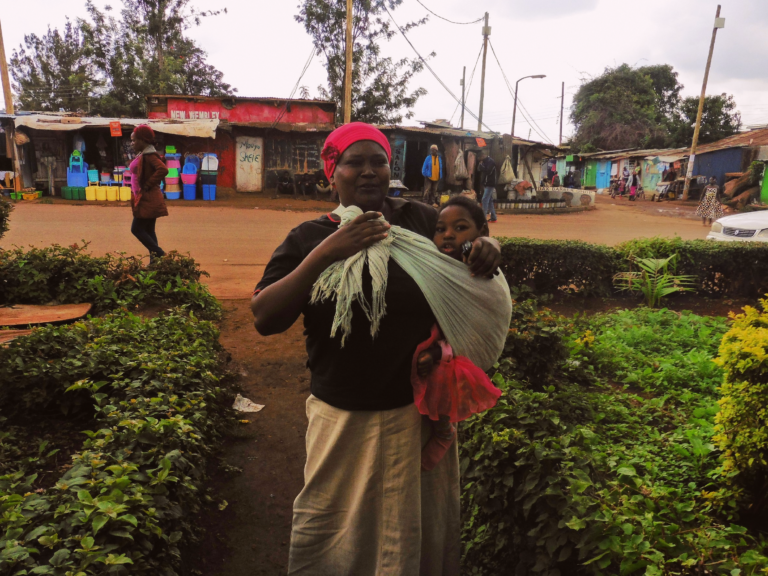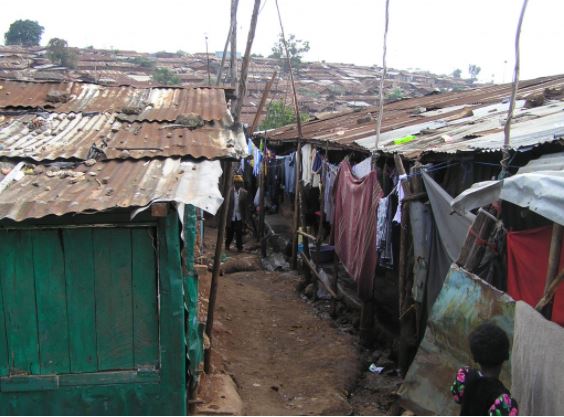Child Destiny Foundation
Daycare-
center
In our day center, children with disabilities receive a comprehensive range of meals and care.
Occupational and Physical Therapy
The occupational and physical therapy team creates an individual treatment plan for each child .
Raising
awareness
Awareness of our work is raised through informational events and street social work.
To begin with, let's imagine the following situation/scenario: You give birth to a child with disabilities as a woman in Kenya and you receive neither financial nor family support.
Childcare services for children with disabilities are either uncommon or very expensive. The only way to support yourself and your child is to leave your child at home alone and go to work. Would you choose to do that? Alternatively, and most likely, you will stay at home with your child so it will not be possible for you to go to work and you will soon have to move to a slum, such as Kibera.

Inclusion? State financial support? Assistance for affected families? - No. In contrast to Austria, Kenya is not a welfare state, so women who give birth to children with physical or mental disabilities do not receive any financial support. This means that they cannot afford the urgently needed, intensive medical and therapeutic care for their children.
An additional challenge is the frequent loss of important support systems, notably their social environment. In certain ethnic groups in Kenya, there is still a misconception that the mother is to blame for her child´s disability, which is why partners, family and friends often tend to turn away from the mothers in need.
The social environment plays an important role in Kenya, especially regarding childcare and household management. Since special care and therapy services are also barely available, affected women are often left to fend for themselves and get caught in a downward spiral of poverty.
A reason to act:
THE LIFE IN THE KIBERA SLUM

Located in the capital Nairobi, Kibera is the largest slum in Kenya. In a "standard house", usually at least 8 people live together on around 16 to 20 square meters, without sanitary facilities or water pipes. Accordingly, the risk of infection with communicable diseases such as cholera or typhoid is high. Children with disabilities are particularly susceptible to such infectious diseases.
The infrastructure conditions are also an additional barrier: Due to the narrow road conditions, the use of a wheelchair is impossible. Therefore, mothers have no other option than to carry their children with disabilities, regardless of their age, size and weight. Sometimes very long distances through dirt roads.
AND THIS IS WHERE WE COME IN
The Child Destiny Foundation is addressing this very issue with the opening of the day-care centre in Kibera. Our goal is not only to raise awareness for children with disabilities in Kenya, but also to improve their living conditions by creating an "all-round care".
Our work in Kenya
Our day-care centre is located on the outskirts of Kibera and offers 20 children with impairments a holistic, comprehensive therapy and care program including food, games and fun activities. This is made possible by our great team on site, consisting of a physiotherapist, an occupational therapist and a caregiver who is herself the mother of a child with disabilities.
20 other children are brought to the day-care centre by their relatives, for free therapy throughout the week. In order to improve the care of the affected children and mothers, we would like to take further measures:
Improvement of medical care (medical treatment, medication, etc.)
The creation of further training and work opportunities for affected mothers
Access to school and educational opportunities for the children with disabilities
